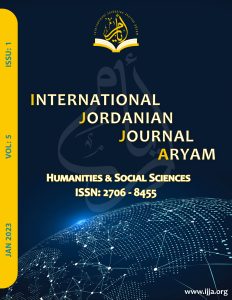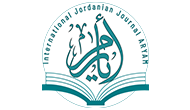Abstract: Archives appeared from early times in the history of ancient Iraq, starting with the era of Uruk, and continued throughout the times of Mesopotamia. The goal of studying them is to learn about the administrative and economic system in ancient Iraq, especially in temples, palaces, and governmental institutions, as it is possible through them to know the people responsible for their management and others. Among other activities, the archives left to us by the scribes of Mesopotamia have helped us understand various life affairs at that time. For example, but not limited to, the judicial records that were found in the city of Kirsu from the era of Ur III were final rulings and their purpose was to remind the judges of the events of the case in the event of a renewal. Trials, as well as reviewing repeated rulings and referring to them in the event of a case similar to a case on which the courts have previously taken a decision. As for documents that are not used on a continuous basis, they have been preserved due to their historical importance, as this applies to official documents related to state affairs, such as treaties, while unimportant documents were used for secondary purposes. Such as filling the trenches of ancient buildings or the like. The research dealt with the introduction and two sections, the first introducing archives and then naming in Sumerian and its equivalent in Akkadian. It also organized the private archives and the main archives. The second was devoted to the archives that were found through irregular excavations, and in the end the research was based on the conclusions that the researcher reached in his study.
IJJA is a Humanities and Social Sciences publishing journal committed towards providing a platform to outstanding scientists and researchers to exhibit their findings for the furtherance of Humanities and Social Sciences.
The International Jordanian Journal, Aryam Journal of Humanities and Social Sciences (IJJA) (ISSN print: 2710-3005), (ISSN Online: 2706 – 8455) welcomes high quality contributions investigating topics in the fields of Humanities and Social Sciences .
![42cd5crossreff[1]](https://aijj.org/wp-content/uploads/2023/04/42cd5crossreff1.jpg)
![6357copenaccsess[1]](https://aijj.org/wp-content/uploads/2023/04/6357copenaccsess1.png)
![97aa6road[1]](https://aijj.org/wp-content/uploads/2023/04/97aa6road1.jpg)

